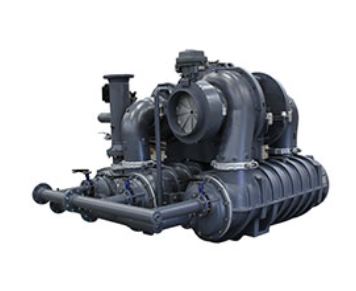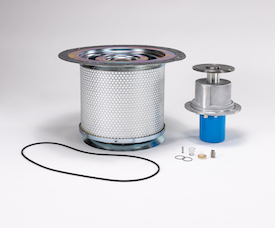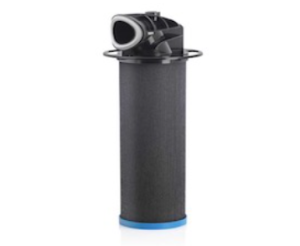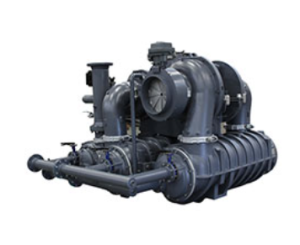Introduction
Air compressors are integral to various industrial and commercial applications, particularly in cooling systems. They serve as the backbone of HVAC systems and refrigeration units, ensuring optimal performance and efficiency. In this article, we’ll delve into what air compressors are, their applications, how to choose the right one, and maintenance tips to ensure longevity and reliability.
What is an Air Compressor?
An air compressor is a mechanical device that converts power (using an electric motor, diesel, or gasoline engine) into potential energy stored in compressed air. The primary function of an air compressor is to draw in air and compress it, increasing its pressure for use in various applications.
Types of Air Compressors
- Reciprocating Compressors: Utilize pistons to compress air and are ideal for high-pressure applications.
- Rotary Screw Compressors: Use two rotating screws to compress air and are known for their efficiency and continuous operation.
- Centrifugal Compressors: Utilize a rotating disk to increase the velocity of air and are typically used for large-scale applications.
Applications of Air Compressors in Cooling Systems
Air compressors play a critical role in various cooling systems:
HVAC Systems
In heating, ventilation, and air conditioning (HVAC) systems, air compressors help regulate temperatures and maintain comfort. They compress refrigerant gases, allowing them to absorb heat from indoor air and release it outside.
Refrigeration Units
In commercial refrigeration, air compressors are essential for circulating refrigerants through the system. They enable the cooling process by compressing refrigerants, which evaporate and absorb heat, thus keeping products fresh and cool.
Choosing the Right Air Compressor
Selecting the right air compressor is crucial for efficiency and performance. Here are some factors to consider:
Size and Capacity
The size of the compressor should match the specific needs of your cooling system. Consider the cubic feet per minute (CFM) required for your application.
Power Source
Air compressors can be powered by electricity, gas, or diesel. Choose a power source based on availability, costs, and operational requirements.
Efficiency Rating
Look for compressors with high energy efficiency ratings to reduce operational costs and environmental impact.
Maintenance Tips for Air Compressors
Proper maintenance of air compressors can extend their lifespan and enhance performance. Here are some essential tips:
- Regular Inspections: Schedule routine inspections to identify wear and tear.
- Change Oil: If using an oil-lubricated compressor, change the oil regularly to prevent breakdown.
- Clean Filters: Ensure that air filters are clean to maintain airflow and efficiency.
- Monitor Pressure Levels: Keep an eye on pressure levels and ensure they meet system requirements.
Conclusion
Investing in a high-quality air compressor is essential for maintaining the efficiency of your cooling systems. By understanding the types, applications, and maintenance practices, you can ensure your air compressor operates optimally for years to come. Choose wisely and keep your systems running smoothly with CoolAir Spare Parts.






